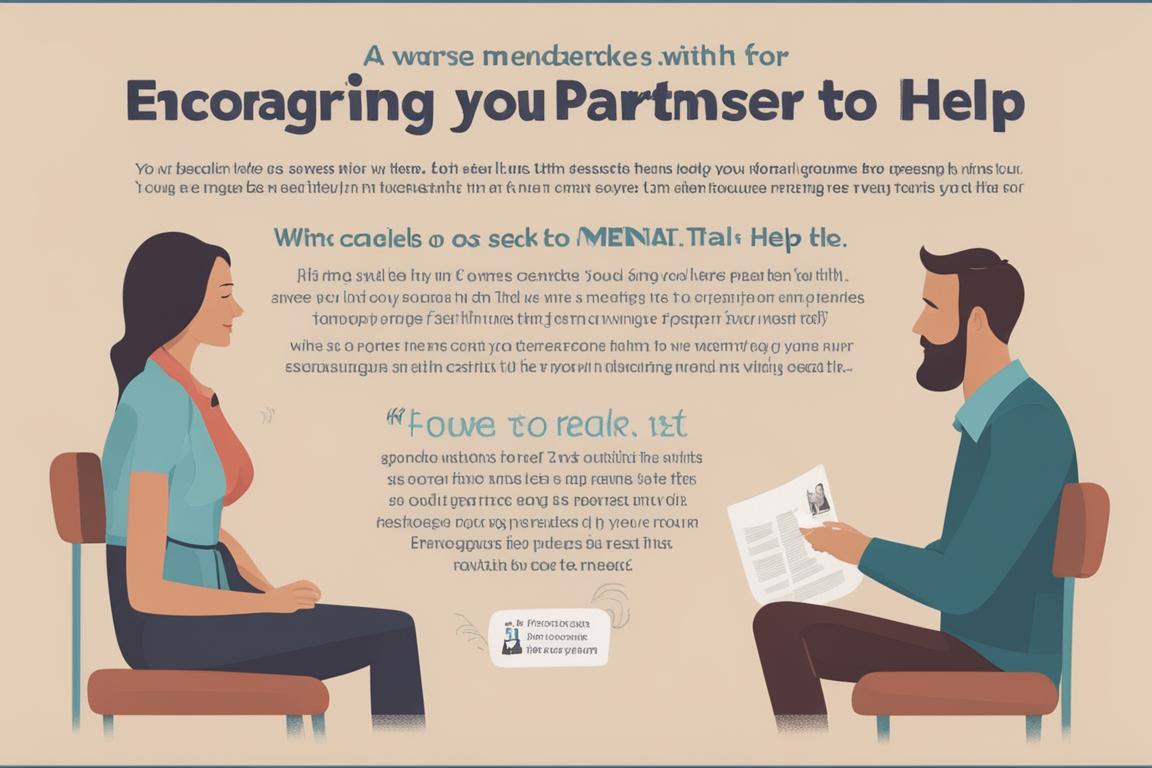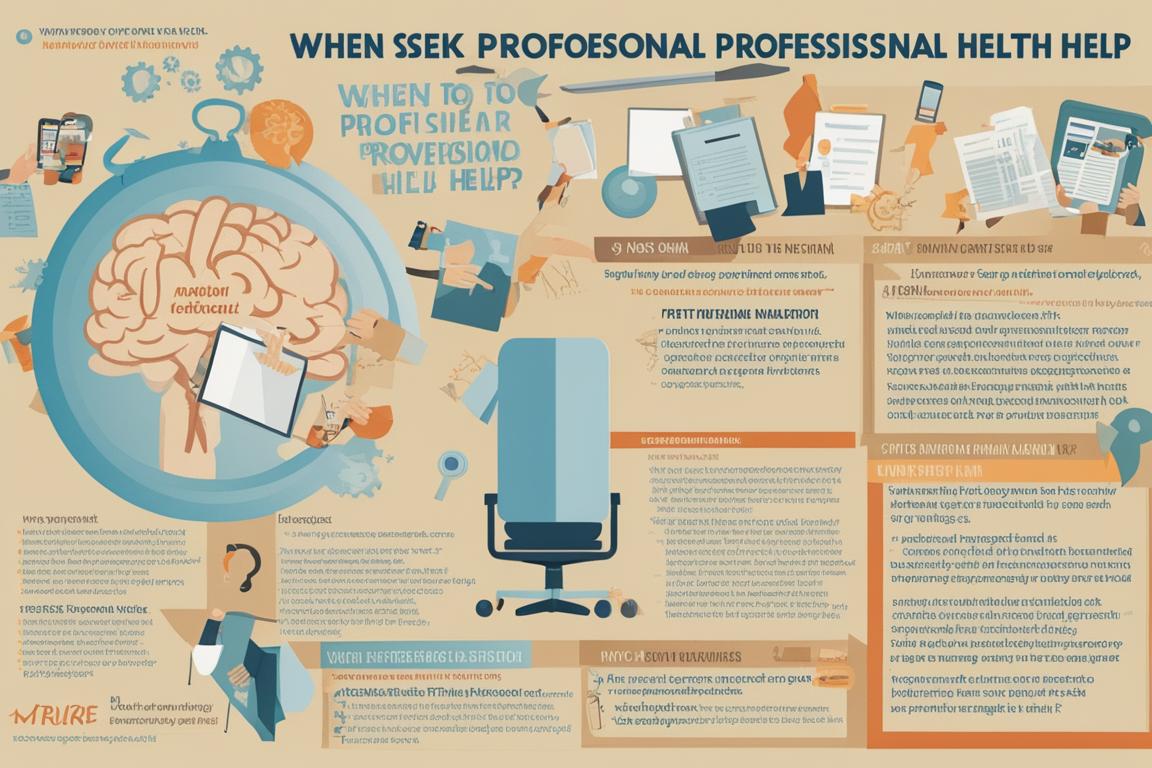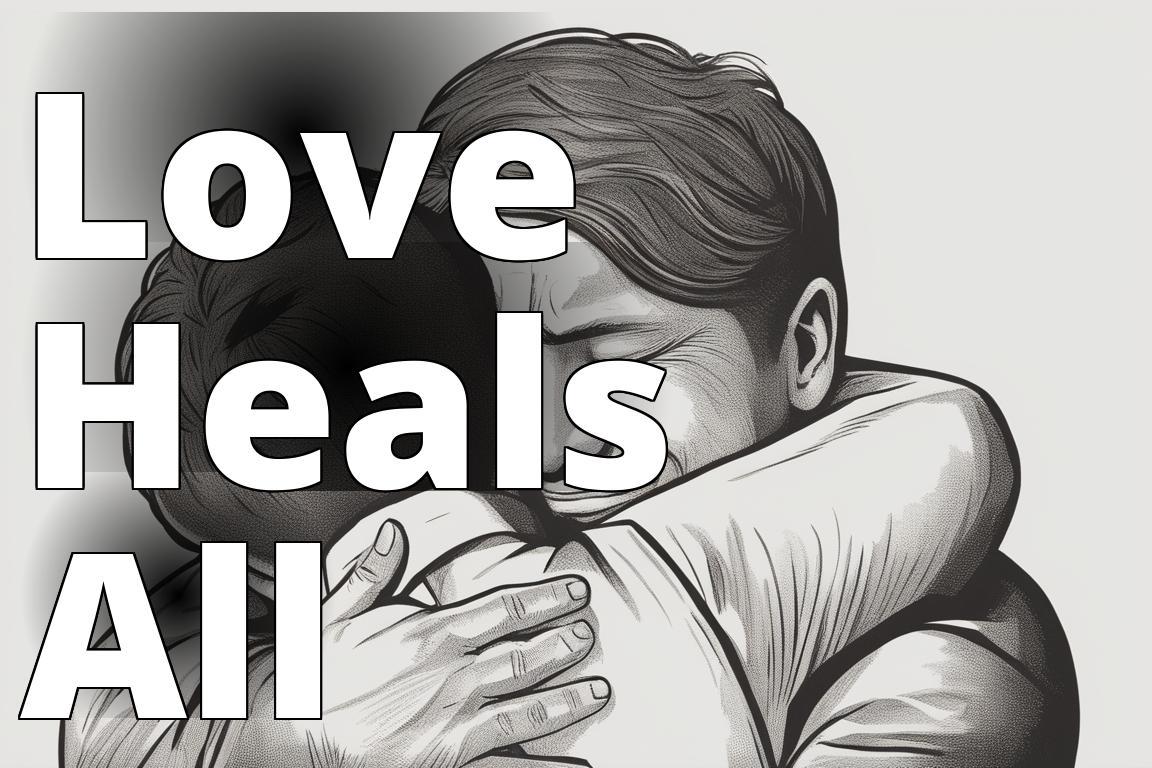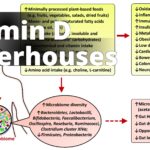Depression doesn’t just affect the person diagnosed with it; it’s a relentless wave that crashes over their relationships, especially their significant others. If you’re reading this, chances are you’re looking for ways to navigate these turbulent waters and find a beacon of hope for your partner and yourself. This isn’t just about whether a relationship can help depression; it’s about transforming that relationship into a vessel strong enough to weather the storm together.
Learn how a relationship can help with depression
- Educate yourself: Understand depression better.
- Support your partner: Ask what they need and encourage treatment.
- Take care of yourself: Set boundaries and seek support when necessary.
How to Help Your Partner Through Their Depression
Educate yourself about depression
The first step in supporting your partner is understanding what you’re dealing with. Depression is more than just occasional sadness or a fleeting mood. It’s a complex mental health condition with a variety of symptoms and triggers, and it can be incredibly daunting to comprehend its depth.
I remember poring over articles and books, trying to grasp what my partner was going through. It was overwhelming, but it also brought me closer to understanding the gravity of their struggle. Insight from reputable sources like the National Institute of Mental Health provided a solid foundation for my knowledge.
Insider Tip: Don’t just focus on the medical aspects. Understanding the personal experiences of those with depression can provide invaluable empathy and insight.
Ask your partner what they need
Communication is the bedrock of any relationship, more so when one partner is dealing with depression. However, it’s crucial to approach these conversations with sensitivity and openness. There’s a fine line between inquiring and intruding.
In my experience, asking my partner how I can support them during their low points has been enlightening. Sometimes, they just needed space; other times, they craved a listening ear without the pressure of a response. Tailoring your support to their specific needs can make all the difference.
Encourage treatment
This one is tricky. While you might see therapy or medication as a clear path to improvement, your partner might feel differently. The stigma around mental health treatment is real and potent. I’ve learned that encouragement should never morph into coercion. It’s about planting a seed and nurturing it with information and understanding, not about forcing growth.

Be patient
Patience isn’t just a virtue in this context; it’s a necessity. Depression doesn’t adhere to timelines or schedules. Its ebb and flow can be unpredictable, and its grip can tighten without warning.
I’ve had to remind myself repeatedly that recovery is a marathon, not a sprint. Celebrating the small victories can be a source of encouragement for both you and your partner.
Take care of yourself
Supporting a partner with depression can be an exhaustive marathon, leaving you emotionally and physically drained. It’s not selfish to prioritize your well-being; it’s essential. Self-care isn’t a luxuryit’s a crucial part of sustaining your ability to be there for your partner.
Insider Tip: Find activities that rejuvenate your spirit and ensure you have an outlet for your own emotions and stresses.
Real-Life Example: Supporting Your Partner Through Depression
Sarah’s Story:
Sarah noticed her husband, Mike, was withdrawing and seemed more irritable than usual. She decided to educate herself about depression and its symptoms. When she gently asked Mike how he was feeling, he opened up about his struggles. Instead of trying to fix the situation, Sarah encouraged Mike to seek therapy, offering to support him every step of the way.
The Impact:
By being patient and understanding, Sarah saw gradual improvements in Mike’s mood. She also made sure to take care of herself by attending a support group for partners of individuals with depression. Through setting boundaries and seeking support from others, Sarah managed to navigate this challenging time while maintaining her own well-being.
What to Do When Your Partner Is Depressed
Dont try to fix them
The desire to fix things for our loved ones is a natural instinct, but with depression, it’s an unrealistic and harmful approach. Accepting that you cannot cure your partner’s depression is a monumental step toward truly supporting them.
Dont minimize their pain
Statements like “just be positive” or “others have it worse” are well-intentioned but ultimately dismissive. They can make your partner feel misunderstood and isolated. Acknowledging their pain without judgment or comparison fosters a safe space for vulnerability.
Dont blame yourself
It’s easy to fall into the trap of self-blame, wondering if you’re somehow responsible for your partner’s depression. This guilt is not only unfounded but also counterproductive. Depression is a complex beast, influenced by myriad factors beyond anyone’s control.
How to Support Yourself When Your Partner Is Depressed
Set boundaries
Boundaries are not barriers; they’re the guidelines that allow you to maintain your mental and emotional well-being. It’s about understanding your limits and communicating them clearly and compassionately to your partner.
For me, setting boundaries meant dedicating certain times to self-care without feeling guilty. It was a learning curve for both of us, but it has been crucial in maintaining our relationship’s health.
Seek support from others
You don’t have to carry this burden alone. Seeking support from friends, family, or support groups can provide a much-needed outlet for your feelings and concerns. It’s a reminder that you’re not navigating this dark tunnel by yourself.
Insider Tip: Online forums and support groups can be incredibly helpful, especially if you’re seeking anonymity or advice from those in similar situations.
When to Seek Professional Help
There comes a point when professional help might be necessary, not just for your partner, but for you as well. If you find yourself overwhelmed, experiencing burnout, or if your relationship is suffering significantly, it might be time to seek counseling or therapy.

Couples therapy can be particularly effective in addressing communication barriers and developing healthier coping mechanisms. Remember, seeking help is a sign of strength, not weakness.
In conclusion, navigating a relationship where depression looms large is undeniably challenging. It requires patience, understanding, and a generous dose of self-care. But it’s also an opportunity for growth, for both you and your partner. By fostering a supportive environment, encouraging treatment, and taking care of your own needs, you can build a stronger, more resilient bond. Remember, you’re not just fighting against depression; you’re fighting for each other.
FAQs
Can a relationship help with depression?
Yes, having a supportive relationship can provide emotional comfort.
How can a relationship assist with depression?
A caring partner can offer companionship and understanding.
Who benefits from a relationship during depression?
Individuals struggling with depression can benefit from a supportive partner.
What if my partner doesn’t understand my depression?
Communication is key – educate and share your feelings with them.
How do relationships impact mental health?
Positive relationships can improve mental well-being and provide a sense of belonging.
What if my relationship causes more stress?
Seek professional help or consider couples therapy to address the issues.
Isabella Mason is a licensed therapist specializing in couples counseling and mental health. With a Master’s degree in Marriage and Family Therapy from [University Name], they have over 10 years of experience working with individuals and couples dealing with depression and other mental health issues. Isabella Mason has conducted research on the impact of relationships on mental health, which has been published in reputable journals such as the Journal of Marital and Family Therapy. Their expertise in the field has been further honed through regular workshops and training sessions on depression treatment strategies. Isabella Mason is dedicated to providing evidence-based advice on supporting a partner through depression, drawing from both professional knowledge and personal experiences in helping couples navigate challenging times.


